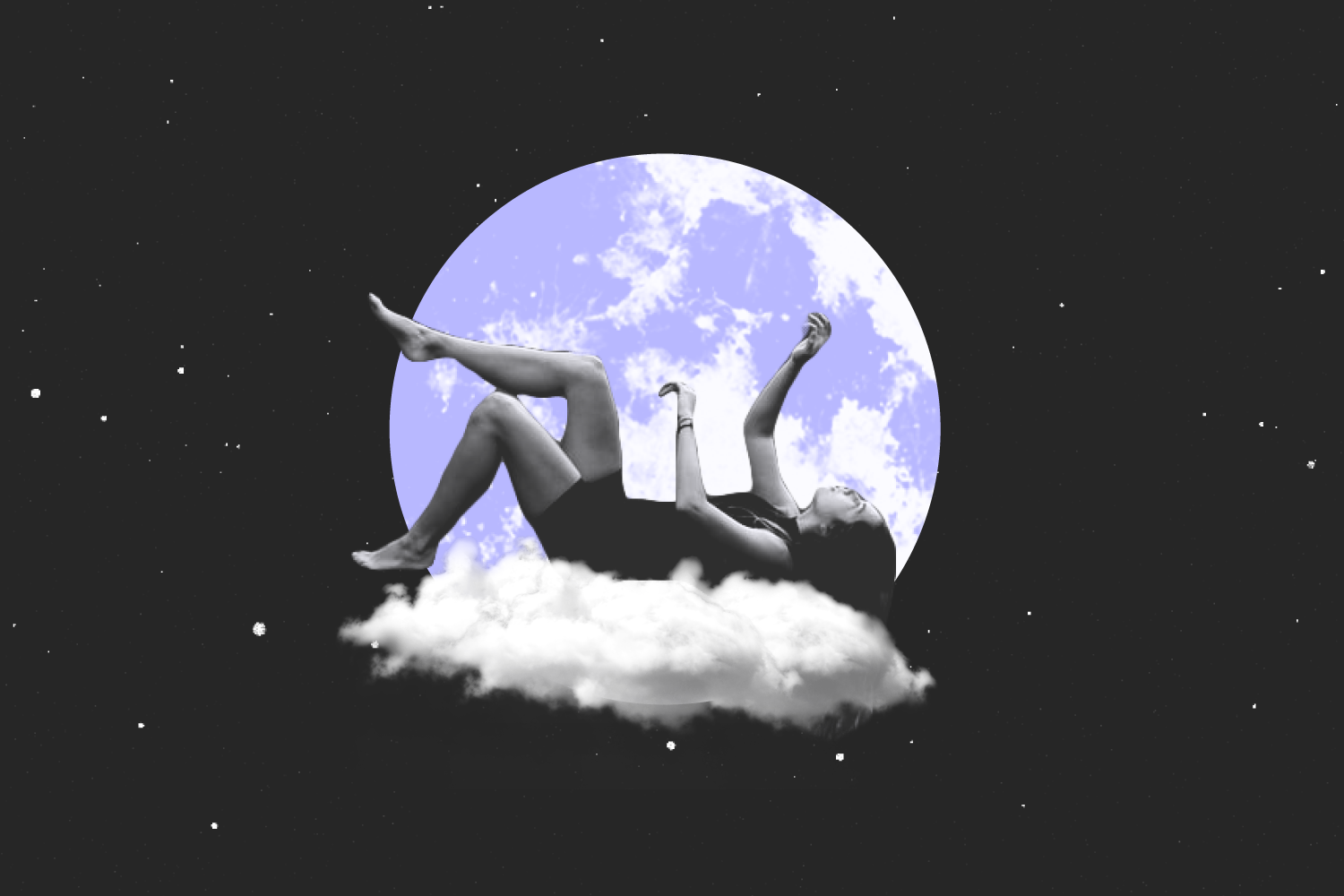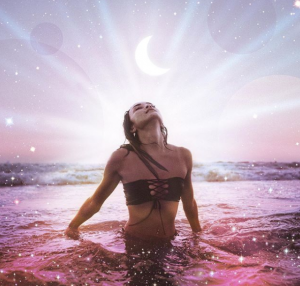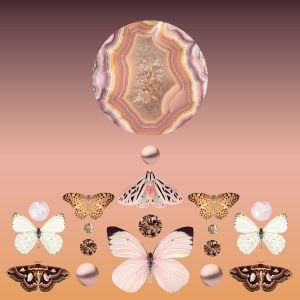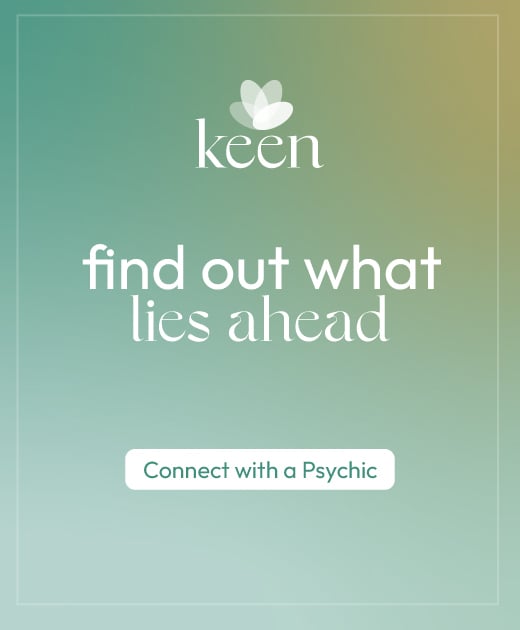Does a Full Moon Affect Sleep?

Can’t sleep during a full moon? Medical studies and sleep doctors say that lunar cycles may actually have an effect on your sleep patterns.
Full Moon and Sleep
If you’ve ever found it difficult to go to sleep or feel groggy during a full moon, there might be a reason for that.
Due to the light, we might be naturally more inclined to stay up late—and therefore, go to bed later or have a rough night of sleep. According to Alex Dimitriu, MD, and founder of Menlo Park Psychiatry & Sleep Medicine, “our sleeping patterns (as well as those of animals and plants) are quite closely tied to light—especially in the mornings and evenings.” Because of that, “a bright glowing moon can certainly prolong our evenings and shorten sleep.”
Additionally, if your moon sign resonates more heavily with the moon, you may feel its effects more heavily.
But that still begs the question …
Can a Full Moon Affect Sleep?
It’s possible. The full moon’s light may make us stay up late and lose sleep, but that’s not all. But according to Dimitriu, the increase in light during a full moon has more scientific effects on the human body. For example, the full moon allows “increased activity by providing better visibility” and it may also “[off-set] our circadian cycle to later in the night, due to the presence of light.”
However, the theories are still inconclusive. “Our lives are no doubt affected by the moon, but its effects on mood and sleep are less clear,” says Dimitriu. While this theory may work in more natural environments, Dimitriu explains that their effects are less prominent with artificial lighting (think: street lights, house lights, etc.) that we’re so accustomed to.
More studies need to be done to confirm this theory, but the full moon’s effect on sleep has bewildered many (including astrologers and scientists) for a long time.
Possible Full Moon Side Effects
Full Moon Insomnia
It’s certainly possible that the moon has an effect on the ability to fall asleep. According to a study from 2021, people were more likely to fall asleep later several days before the full moon—as well as have trouble falling asleep.
A 2013 study found something similar: People had later bedtimes during the nights of the full moon.
Full Moon Fatigue
Astrologers believe that the full moon is a big source of emotional energy. When the sun (ego, identity) aligns directly with the moon (emotions, feelings), our emotions tend to run wild. And with that, our energy and vitality drains—even with a lot of sleep.
Tips to Fall Asleep
Think about not falling asleep. If you repeat over and over, “Don’t fall asleep,” it becomes increasingly harder to do so.
Meditate on specific parts of your body. Start from your third eye and work all the way down to your toes—sitting with each part of your body, as if you’re “turning it off” for bed.
Try a noise machine. Sometimes, the hum of a white-noise machine in the background can help soothe the mind and lull you to sleep.
The Bottom Line
Experts say that a full moon can affect your sleep, but it may be about light—not “energy.” However, more studies still need to be done to come to any conclusion.
FAQs
Does the full moon make you tired?
Full moons can certainly make you tired. As mentioned above, there are a lot of energies in the air during a full moon. It’s no wonder we get a little groggy!
When is the next full moon?
There is a full moon every month of the year. You can find out when the next full moon is occurring by using our full moon calendar.
How much sleep do I need?
According to Mayo Clinic, adults need at least seven hours of sleep per night.
How long is a full moon?
Full moon energy, according to astrologers, can last anywhere from two days before the full moon takes place all the way until two days after.
Related Articles:
Explore Tarot today. Get a FREE live reading with an expert.



